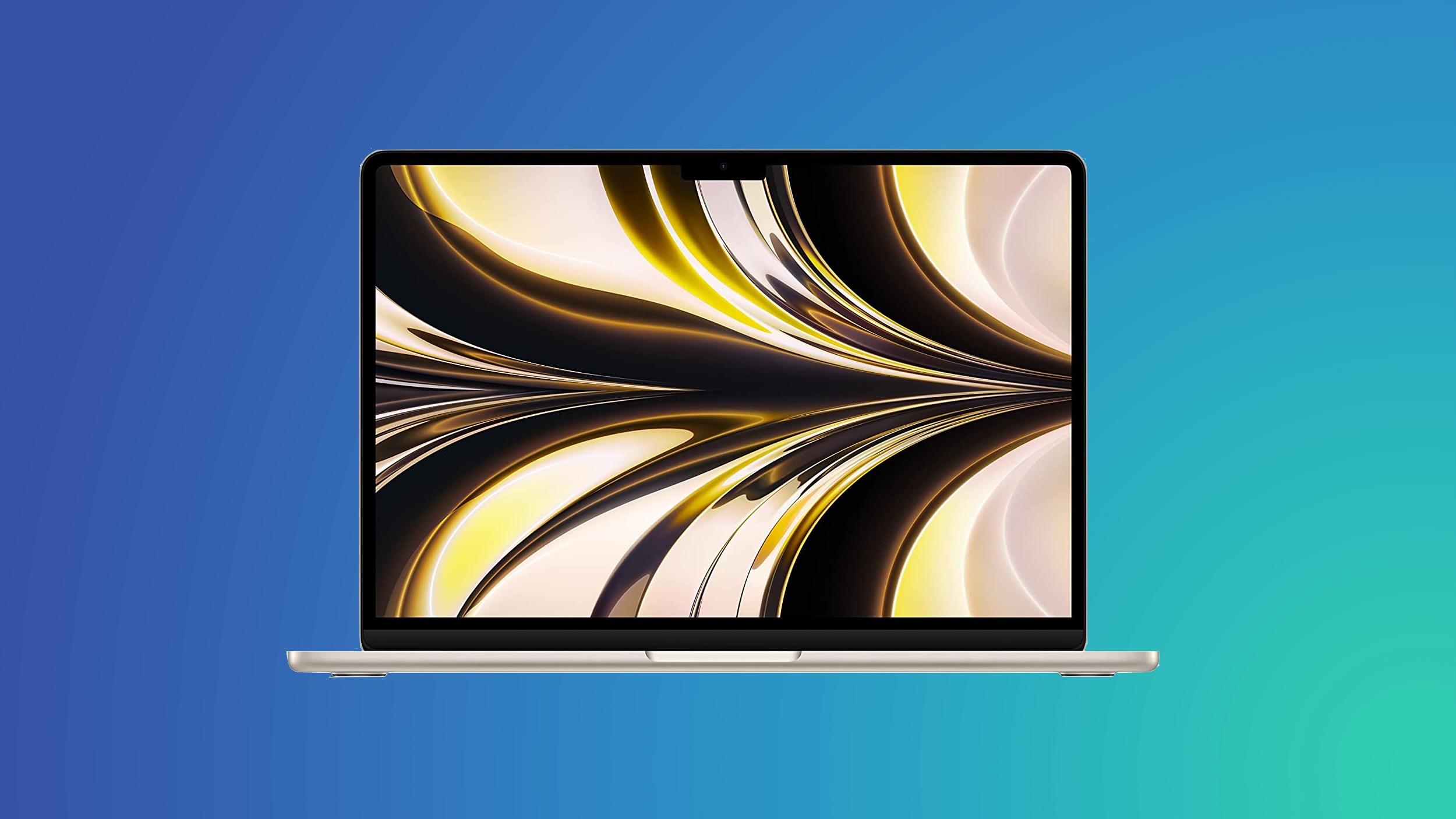|
That's the end of a class-action lawsuit that started over four years ago, when two American plaintiffs complained that HP displayed "strike-through prices" on its store that weren't actually real, thus inflating the discount that it looked like they were receiving. According to the report on Ars Technica, the plaintiffs allege that HP lied about how much quantity was available, in the familiar "only one left at this price" sense.
I say allegedly, because this is a civil suit, not a criminal case of false advertising, and HP has admitted no wrongdoing or liability as a condition of the settlement. It's basically a $4 million "leave me alone" check. Though the plaintiffs did accuse HP of violating the US FTC's deceptive pricing laws, it doesn't appear that any actual law enforcement is involved. And it's not as if these practices are isolated. The "FOMO" and time pressure sales tactic is omnipresent online, new variations of sales techniques that I remember from the infomercial days and before.
One personal bugbear of mine is a little company called Lenovo, the largest seller of laptops on the planet by volume. Whenever it announces a new ThinkPad model I truly, genuinely don't know how much it costs, despite covering its products for over
|
|
 Apple will not be exempt from tariffs after all, with U.S. President Donald Trump working on new semiconductor levies that will likely impact Apple devices, chips from companies like Nvidia, and other electronics. Apple will not be exempt from tariffs after all, with U.S. President Donald Trump working on new semiconductor levies that will likely impact Apple devices, chips from companies like Nvidia, and other electronics.
|
|
